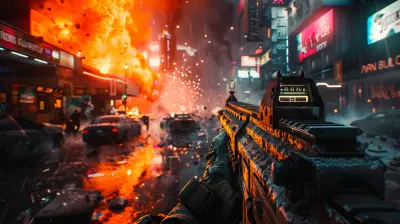What the Expansion of Game Universes Means for Players
15 October 2025
The world of gaming is growing faster than ever. Everywhere you look, games are pushing boundaries—not just technically or graphically, but in terms of storytelling, world-building, and player experience. Game universes aren’t staying confined to just one title anymore. They’re expanding—sometimes across media, sometimes across genres, and sometimes into massive, interconnected ecosystems that we, as players, can dive into for hours on end.
But what does all this mean for us? What does it mean when your favorite game gets a sequel, a spin-off, a mobile game, a comic, and maybe even an animated series?
Let’s walk through this magical expansion of game universes and unpack what it really brings to the table for you and me—the players.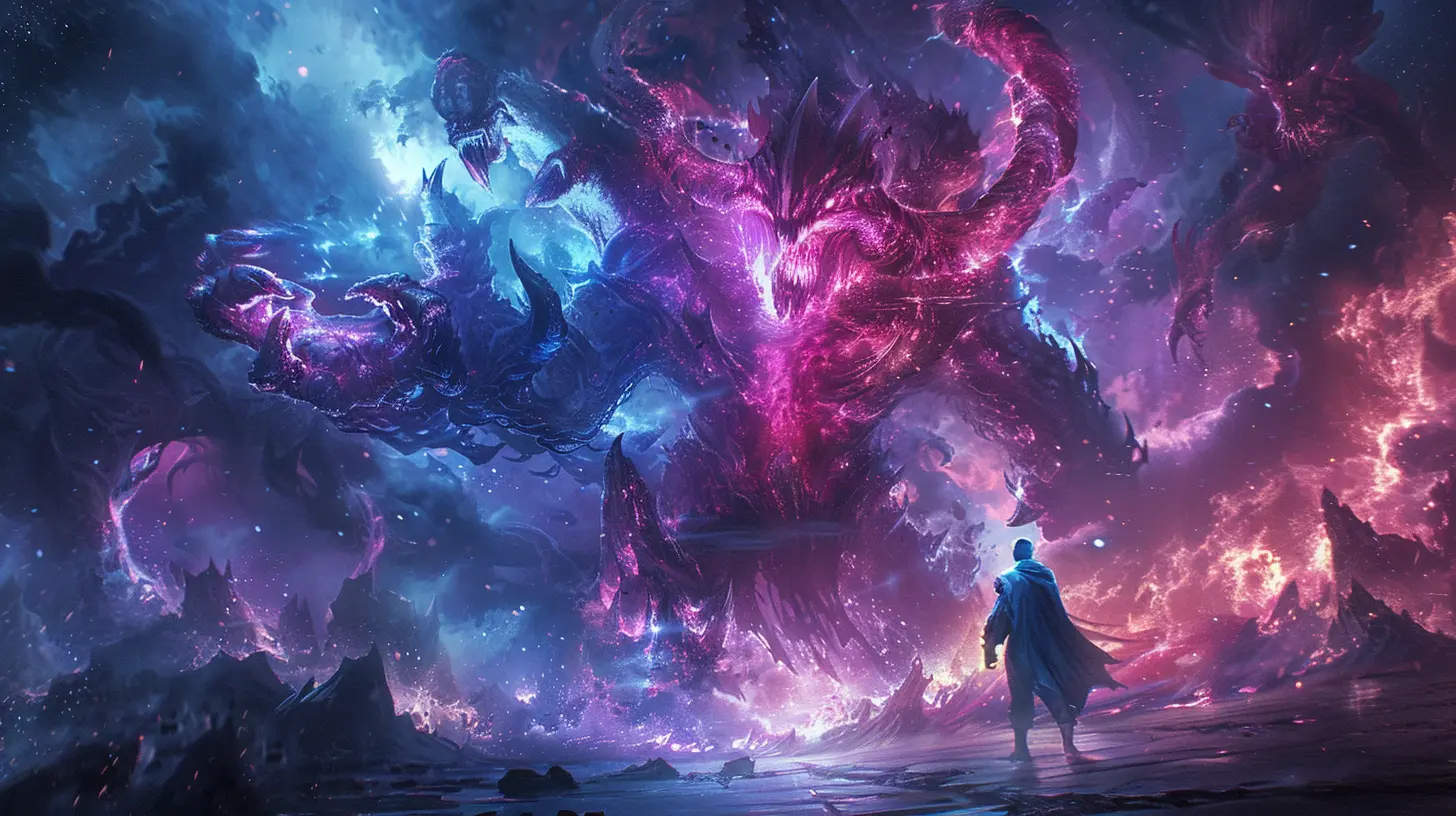
The Birth of Expanding Game Universes
In the early days of gaming, most games gave us a straightforward experience—start the game, beat the bad guy, roll the credits, done. You'd move on to the next title. But now? Oh boy, it's way more than that.Think about titles like The Legend of Zelda, Halo, Mass Effect, or The Witcher. These aren’t just games; they’re sprawling universes with lore deeper than some fantasy novels. And publishers aren’t stopping at just offering one single storyline—they're giving us the whole buffet.
This expansion isn't by accident. It's driven by player engagement and the opportunity to keep fans plugged into their favorite worlds. Developers and studios have realized that players don’t just want to play—we want to belong.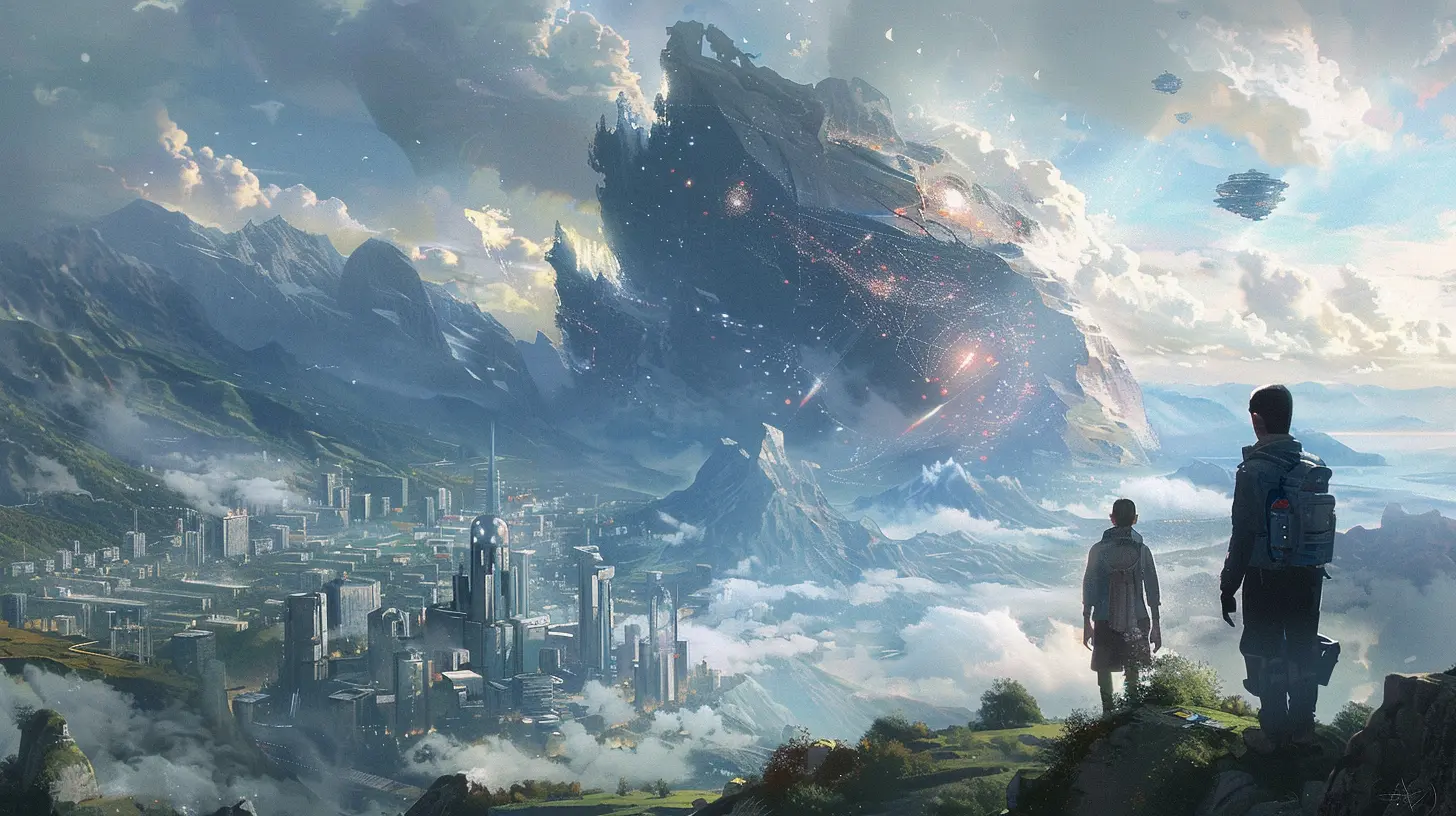
More Than Just a Sequel
Sure, sequels have been around forever. But an expanded universe is different. It’s not just a "part 2" or "part 3." It’s about adding layers to the world, exploring side characters, and filling in the gaps with meaningful content across various platforms.Take Assassin’s Creed for example. We started with Altair, but now we’ve got games set in Ancient Egypt, Greece, and even Norse mythology. Then we’ve got books, comics, short films, and a movie. All of these add flavor to that universe.
So, instead of seeing a sequel as just "what happens next," in an expanded universe, you're diving into "what else is happening here?”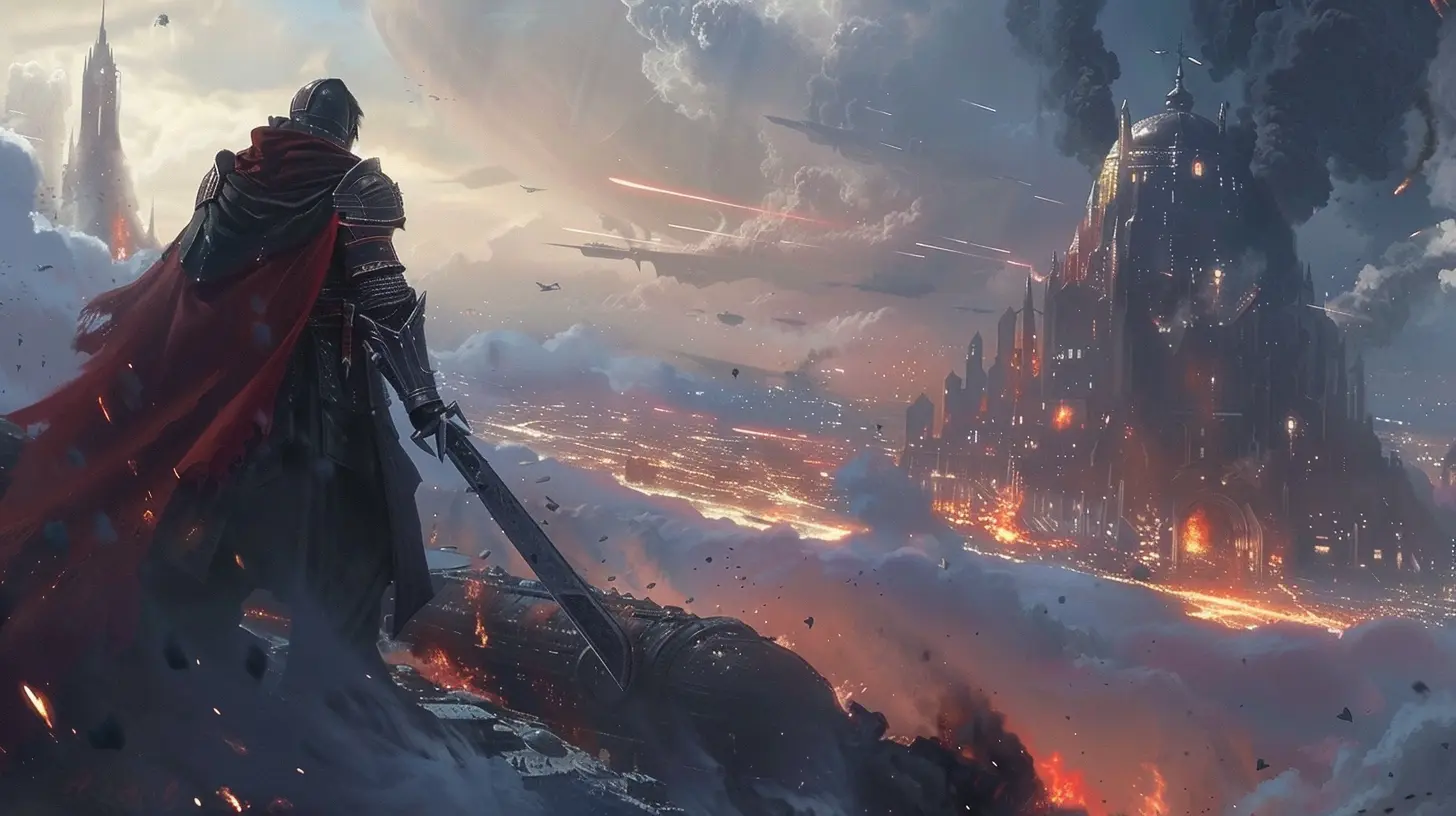
Why Players Absolutely Love It
🧠 Deeper Immersion
Would you rather read one chapter of a book or the whole series? Exactly. When a game universe expands, it lets you dig deeper into its world—its characters, its politics, its secrets. For players, that means way more chances to get lost in the lore.It’s like stepping into your favorite fantasy novel and realizing you can visit every single kingdom, not just the one from the first chapter.
🎮 More Ways to Play
One of the coolest things about game universe expansions? You’re not stuck in one genre. Maybe the main game is an RPG, but then you get a mobile puzzle game that ties into the story. Or an action spin-off that takes a side character and gives them the spotlight.It’s like your favorite dish being made three different ways—and every version is delicious.
🧑🤝🧑 Builds a Stronger Community
When there's more content, there’s more to talk about. Gamers love to share theories, discover Easter eggs, and argue about which character is the best (you know it’s Garrus from Mass Effect, right?).An expanded universe fuels those discussions. It keeps the forums alive, the YouTube breakdowns coming, and the fan art fresh.
💖 Emotional Investment
Ever cried over a video game character? Don’t worry, you’re not alone. When you're with a character or a world for multiple games, maybe even books or shows, your bond with them grows stronger.You don’t just like the story—you live it.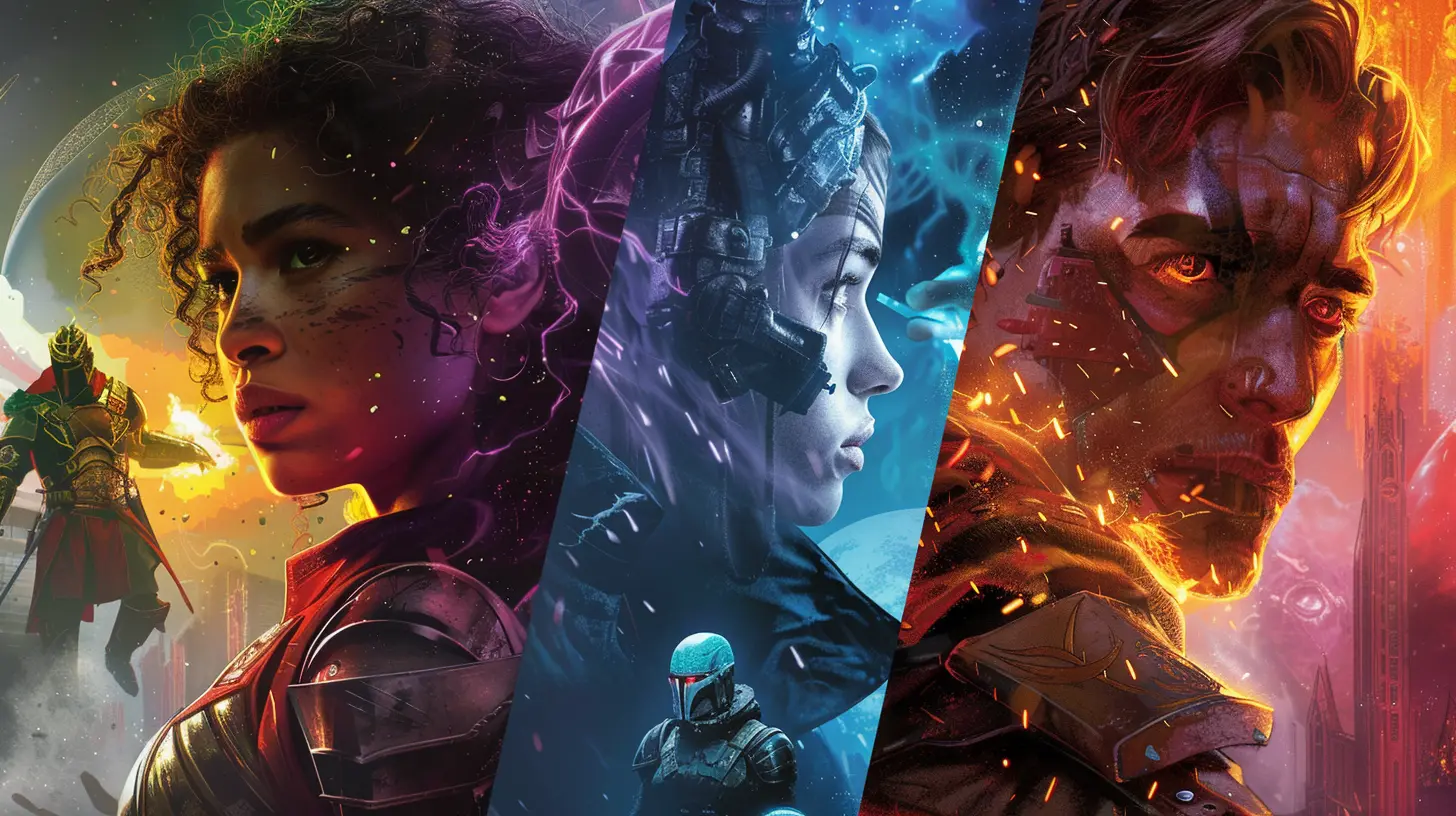
Cross-Media Magic: Games Going Beyond Consoles
One of the biggest signs of expanded universes is games leaping into other forms of media. And trust me, this stuff is gold for fans.🎥 TV Shows & Movies
With the success of The Last of Us on HBO or Netflix picking up The Witcher, we're seeing game stories finally get the budget and spotlight they deserve. These adaptations aren’t just extra—they're sometimes crucial parts of the universe.It’s like filling in the missing pages in your favorite storybook.
📚 Comics & Novels
Want to know what happened to a character between Game A and Game B? Sometimes the answers aren’t in DLCs but in graphic novels or companion books. These give writers more room to explore arcs that wouldn’t fit neatly into a main game.🎮 Spin-offs and Mobile Games
Sometimes you just want to carry a piece of your favorite world in your pocket. Mobile games and spin-offs offer bite-sized ways to stay connected. And when they're done well? They’re not just fluff—they’re canon.The Challenges That Come With It
Okay, let’s be real—it’s not all sunshine and rainbows. Expanded game universes aren’t perfect, and players do face some unique challenges.😵 Too Much to Keep Up With
When a universe spans ten games, five books, and a show... it can feel overwhelming. New players might not know where to start. Long-time fans might feel burned out. It’s like jumping into a conversation halfway through and trying to act like you know what’s going on.💸 More Content, More Cost
Let’s not ignore the elephant in the room—money. Expanding universes often mean more content to buy. Sometimes that’s DLC. Sometimes it's a new platform. For completionists, that can sting the wallet.⚠️ Consistency & Quality Control
Not every spin-off is a hit. Sometimes the expanded content can feel like a cash grab. Or worse—it contradicts the main game’s story. Maintaining consistency across multiple media is tough, and when it falls apart, fans notice.How to Enjoy Expanded Game Universes Without Burning Out
You don’t need to consume every single bit of content to enjoy the ride. Here are a few tips to keep your love for a game universe fresh:1. Pace Yourself: Don’t rush through everything. Play and explore at your own pace.
2. Pick What You Love: Some people love the lore, others just want the gameplay. Focus on what brings you joy.
3. Use Community Resources: Wikis, YouTube explainers, and fan sites can help keep you in the loop without diving into every book or side game.
4. Don’t Feel Pressured: Remember, it’s okay to skip a spin-off if it doesn’t interest you. Your enjoyment matters most.
What This Means for the Future of Gaming
As game universes continue to expand, we're entering a golden age of narrative gaming. Players are no longer just consumers—we’re participants in something much, much bigger.🛠️ Devs Are Building Worlds, Not Just Games
Game development now often includes loremasters, novelists, and multimedia experts. Studios are designing entire mythologies, not just levels and bosses.That’s good news for us—we get deeper, more rewarding experiences.
🌐 The Lines Between Media Are Blurring
Games, movies, books, AR apps, even theme parks—modern franchises are reaching players everywhere. And the best part? We’re getting multiple mediums to enjoy our favorite worlds in ways that fit our mood and lifestyle.Feeling chill? Read lore in a comic. Feeling hyped? Fire up the newest game title. It’s a choose-your-own-adventure kind of deal.
Player Power: The Real MVP of Expansion
None of this would’ve happened if players didn’t care so much. It’s our passion that keeps these universes alive. We make the fan art, start the discussions, and scream (lovingly) at game devs on social media.Developers and publishers are listening. Fan feedback has shaped expansions, fixed broken lore, and even brought canceled projects back to life.
So yeah, we’re not just passengers in this spaceship—we’re co-pilots.
Final Thoughts: Why Expanded Universes Are a Win
At the end of the day, the expansion of game universes means more fun, more depth, and more connection. Whether you’re into the world-building, the gameplay, or just want an excuse to hang out with your favorite characters longer, expanded game universes are a huge win for players.They bring more freedom, more diversity, and more ways to fall in love with gaming all over again.
So the next time you hear about an upcoming spin-off, comic, or streaming series tied to your favorite game—embrace it! You're not just playing a game anymore... you're stepping into a world.
all images in this post were generated using AI tools
Category:
Game TrendsAuthor:

Tina Fisher
Discussion
rate this article
1 comments
Elowyn McClellan
The expansion of game universes enriches player experiences by providing deeper lore, diverse gameplay, and more immersive worlds. It fosters community engagement and creativity, allowing players to explore stories and characters in ways that enhance their overall gaming journey.
October 17, 2025 at 2:48 AM

Tina Fisher
Thank you for your insightful comment! I completely agree that expanding game universes not only deepens lore and gameplay but also strengthens community ties and enriches player experiences.

